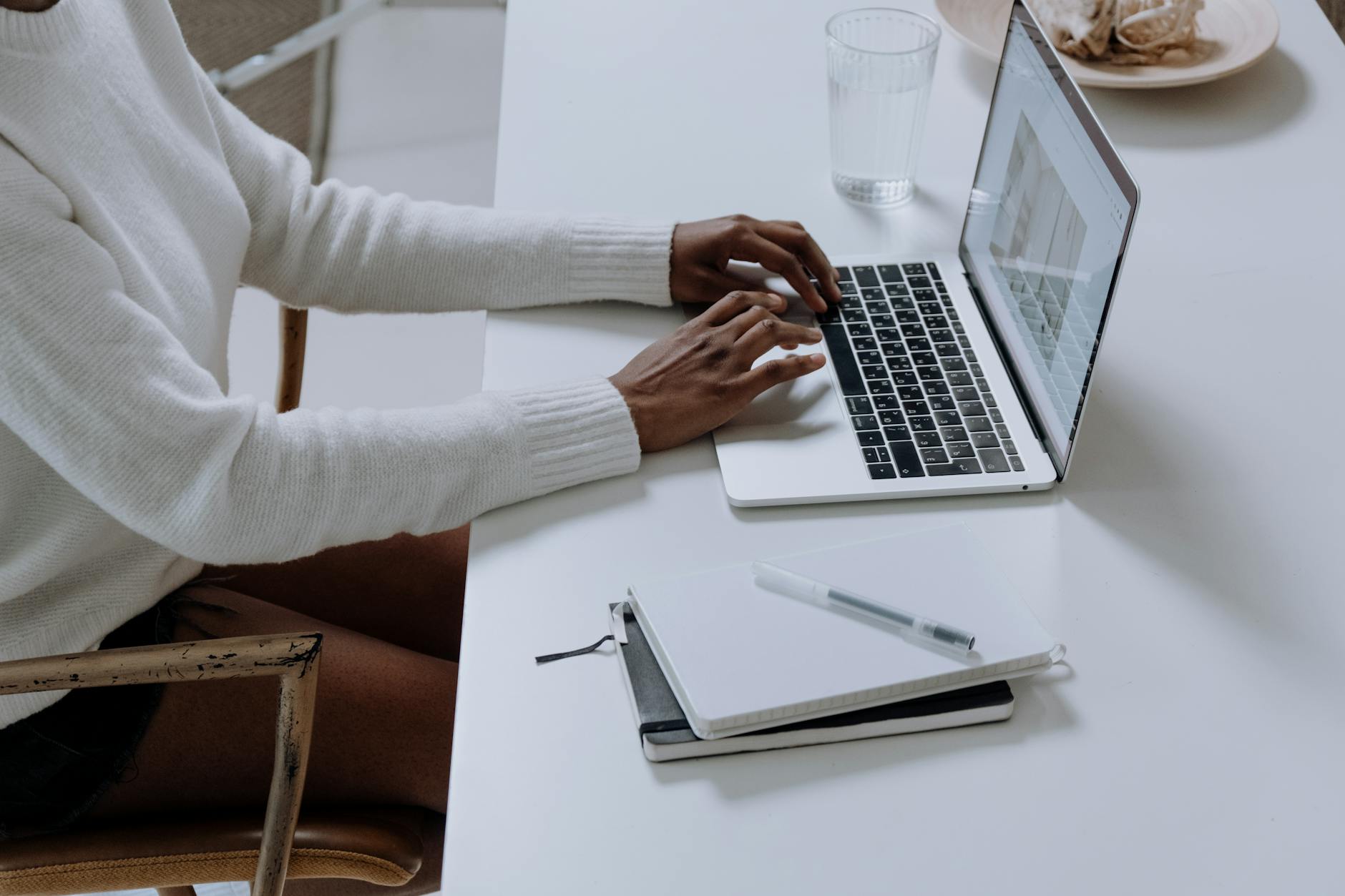This one’s been brewing a long-time coming. If you think toxic masculinity is bullshit then you shouldn’t read this piece. This is a long post. There is no precis or TL;DR version of this.
I think the best way for me to write about this is to address various unhelpful myths and share where they fall down.
I’m allowed to be strong – physically and mentally. No-one, but no-one is saying men shouldn’t be strong physically and mentally. Physical strength helps individuals live healthy lives. That’s true for both men and women. Where it goes wrong is when that physical strength is used to intimidate, abuse, or control others. If we have to use physical strength to get others to obey or listen, we’re misunderstanding how to listen and act with kindness.
Mental strength is probably the wrong phrasing. We can all learn how to deal with difficult emotions, difficult circumstances and difficult relationships. When we build those skills of self-awareness and emotional intelligence, we get better at feeling good about ourselves and the decisions we make.
I’m allowed to have an opinion. Again, no-one is saying you aren’t. We get better at friendships and relationships when we take the time to listen and hear other people’s opinions. Your opinion doesn’t have to be better than someone else’s. We can learn from each other – always.
If your opinion isn’t being heard, accepted or listened to, that’s probably because that particular relationship isn’t good or healthy for you. You’re allowed to pull away from those people, or interact with them differently so you don’t have to feel like you’re not important to them.
My problems are caused by women. Wow, that is a loaded statement in a lot of ways. We can’t and shouldn’t go through life trying to feeling that other people – in particular women – are the cause of our problems. If this is how you feel, you’re going to have to do a lot of personal work to unpack where this harmful thinking comes from.
This kind of thinking can only lead to men having poor relationships with women. Or having unrealistic expectations on the women in our lives. Women aren’t here to solve men’s problems – whatever those problems are.
And don’t forget many of the stereotypes men are faced with today are due to old ways of thinking and belief about the superiority of men over women in pretty much every aspect of daily life. That’s called the patriarchy and is the fundamental reason we have problems with toxic masculinity in today’s world.
Men are just better than women. Jeez, we are not in a lose – lose situation in life. There are plenty of ways to appreciate achievements and accomplishments of the women in our lives without feeling emasculated or inferior. Again, the patriarchy tells us that men are meant to be more high achieving and more accomplished than women. But women have been given systematically less opportunities for equality in every aspect of everyday living, so we have far less representation of women in pretty much every sphere of success. When we see less women as role models of success, we have to remember how hard it has been for the women who have reached those heights amongst a sea of men.
This statement also diminishes how much strength there is in diversity. If only men can achieve and accomplish, we’re limiting the full breadth of potential available to us. How can that make sense?
Men are smarter than women. The patriarchy has been so good at diminishing the value of women in our lives, that when very smart women achieve and accomplish whatever it is they’re doing, we aren’t taught to praise and value them. Instead we’re taught to diminsh those accomplishments with phrases like “it was probably a diversity thing”, or “yeah but there’s different standards for men and women”, or “but look at how many men have done the same as you”. Each of those statements is about minimising women and attacks the quality of “smart”.
Men deal with pressure better than women. It depends on the situation, surely? And, again, there is a lack of women in high pressured roles, so what are we basing this statement on? There are ample examples of women in high pressure situations performing brilliantly – we just don’t value women in the same way.
Also, no-one is more adept at dealing with pressure than others. There are a lot of men who can’t deal with high pressure situations, and that’s completely ok. Dealing with high pressure situations isn’t a yardstick for how manly or masculine we are.
Men need women to be protected. The huge oversight here is that male violence against women and girls is a massive societal problem. Yes, women can attack and harm men, but men are not having to navigate daily existence to avoid being attacked, harassed or anything untoward from women. That’s just not happening for the majority of men – whereas that is completely true for nearly all women.
Most attacks against women and girls are from men in their lives. Not random men off the street, but men in their lives. That’s you. That’s me. That’s a work friend. That’s a male relative. It is happening to women and girls today and in all likelihood a woman in your life has experienced a sexual attack of some sort that you have no idea about as a man in their life.
Are you personally responsible for what happens to women from male violence? Probably not as long as its not you.
But you know what leads to male violence against women and girls rapidly? Making sexist jokes that demeans women and the role of women in our lives. But it’s a joke isn’t the great response you think it is. If we joke about important things we deny the importance of those things. If women are important to you in your life, don’t make sexist jokes otherwise you’re just proving you don’t believe women in your life are important.
A sexist joke leads to an easy discussion where men believe they are superior to women and can demean them with jokes. We shouldn’t be demeaning anyone, not ourselves, not the women in our lives, no-one.
Women don’t need protecting from men. Men need to learn how to control any impulse or thought which leads to male violence. The key and main point of clarity here is that men and male violence are the common denominator. Yes, women are also the common denominator but remember – male violence is far more an issue for women than female violence is an issue for men.
But I am / was a good guy. Good! Remain that way! Being a good man in a woman’s life is its own reward. We don’t get rewards for being good from women. That’s not how it works. We’re not in a contractual agreement with any women in our lives where there’s a clause that says “as a good man in your life I get to have sexual relations with you”. That is a horrific bit of thinking which is the antithesis of being a good human being. Do you know what men need to focus on? Being a decent human who isn’t violent or sexually attacks women.
You’re just saying this cos you are anti-masculinity. No, I’m discussing this because male violence is a very real problem, and we only improve that situation by having very honest discussions about the impact toxic masculinity has on men and the impact male violence has on women. I have real clarity about what being male means to me. It means being healthy – I eat well and exercise regularly. I have good male friends in my life that make me feel good about who I am. I have healthy friendships with the women in my life. I’m fortunate to have family relationships that I care about. I love my children and nurture our relationship everyday even though I don’t live with them. None of this should sound anything other than good everyday acceptable behaviour.
I hate feeling like I’m attacked as a man. If anyone is making you feel like that – that’s the patriarchy at work. The patriarchy doesn’t exist to develop self-worth or valuing our individual and unique strengths and skills. The patriarchy works by demeaning anything that happens which creates equity, fairness and inclusion.
Stop consuming that kind of content. Stop watching those videos. Stop reading those blogs. Stop listening to those podcasts. Pay attention to the things that bring you joy and help you feel good for who you are.
But I like listening to that Popular Guy. There are many popular men who post a lot of content. Don’t forget, social media isn’t about creating empathy or improving our relationships. It’s about creating content. And the content which tends to go viral and creates a lot of debate is content which is designed to be controversial.
Controversy doesn’t equal kind. Anyone can be rude and demeaning to others – it takes courage to be kind. Controversy isn’t about being smart. Anyone can be an asshole, that’s not being controversial or smart. Controversy isn’t funny. Controversy is about causing friction and fueling anger and hate. There are really good ways to encourage debate, critical thinking, dialogue, and better solutions. Being controversial isn’t how you get there. Ever.
Defeating toxic masculinity takes work from all men. We should be looking at the patriarchy and all the ways we’re stopped from being our best selves as men – because the patriarchy doesn’t care about us being our best selves as men. The patriarchy cares about individuality and looking after #1 where #1 equals being a man.
Empathy and kindness are two important ways to defeat toxic masculinity. When we take the time to appreciate the women in our lives for who they are, when we listen to what they say, when we honour our friendships and relationships with women, this is how we show empathy and kindness. And remember, empathy and kindness are their own rewards. We don’t get a pat on the back for being empathetic and kind – that should just be what we do as men towards women.
An important part of that empathy is to make sure we aren’t just consuming content made my men. The books we read, the shows and movies we watch, the TV hosts, the comedians, the blogs, the daily posts, the podcasts and so much more – we gain improved appreciation for the women in our lives by ensuring we consume content made by women.
This post is a lot. I should say far more about each point. I haven’t even touched on intersectionality and all the nuance at play in how we live as men.

